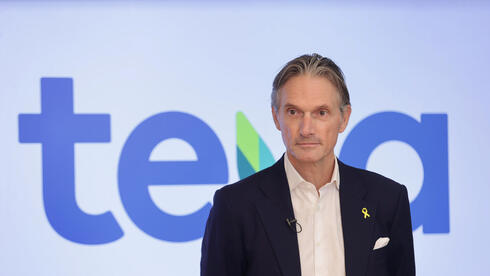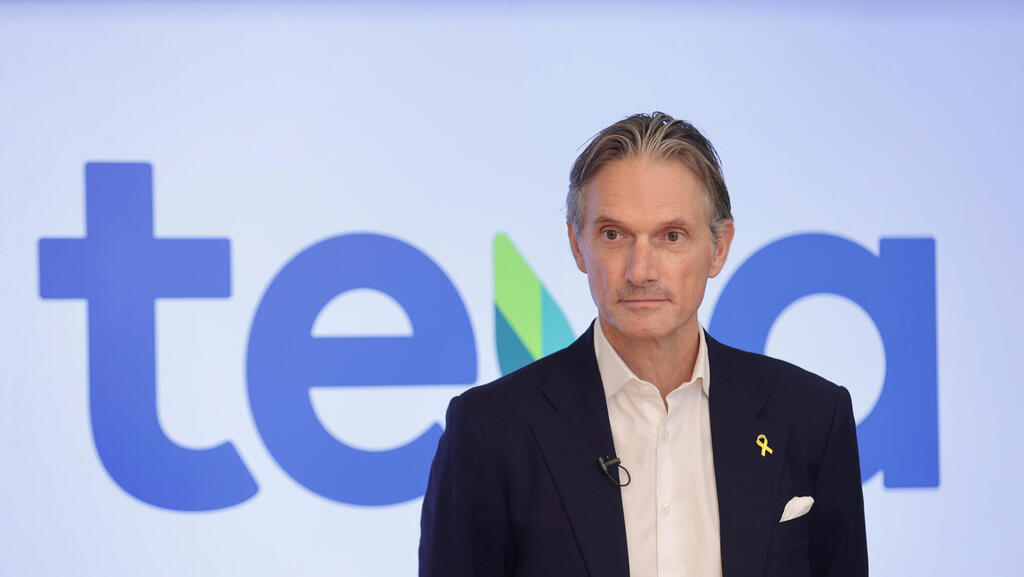
Teva soars with double-digit growth in Q3, raises annual forecast
Strong sales of Austedo and Ajovy push Teva’s revenues above expectations, with the company forecasting up to $16.5 billion in 2024.
Teva reports strong performance with a second consecutive quarter of double-digit growth. The pharmaceutical company closed the third quarter with revenues of $4.3 billion, marking a 13% increase compared to the same period last year.
These results significantly exceeded expectations, which had projected revenues of around $4.1 billion. Teva also outperformed profitability forecasts, with a net profit per share of 69 cents compared to the anticipated 65 cents per share.
Austedo sales reached $435 million in the third quarter, a 28% increase, aligning with forecasts. Ajovy, Teva's original migraine medication, contributed $137 million to revenue, reflecting a 21% increase.
This marks the seventh consecutive quarter of growth for Teva, prompting the company to raise its annual forecast once again. Teva now expects annual revenues of $16.1 to $16.5 billion.
The improved outlook is largely attributed to the stronger-than-expected performance of its new drug, Uzedy, which is projected to generate $100 million this year, compared to previous forecasts of $80 million. Launched earlier this year, Uzedy is designed to treat schizophrenia.
Teva’s long-standing drug, Copaxone, also performed better than anticipated and is now expected to generate $500 million in annual revenue. Teva has accordingly raised its net profit forecast to $2.4 to $2.5 per share, compared to an earlier, broader range of $2.3 to $2.5.
Teva’s stock has responded favorably to the third-quarter report, reaching a six-year high and giving the company a valuation of $21 billion. This growth comes despite recent setbacks, including a half-billion-dollar fine from the European Commission for delaying the expiration of the Copaxone patent and a $450 million settlement in the U.S. related to alleged price inflation for multiple sclerosis treatments.















